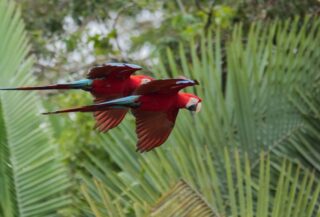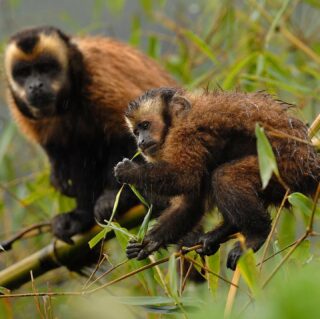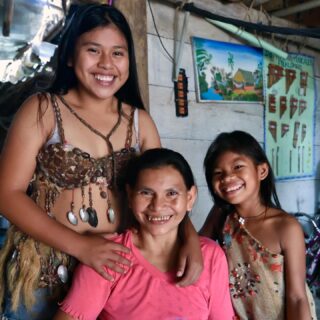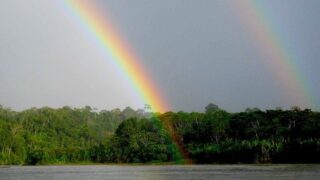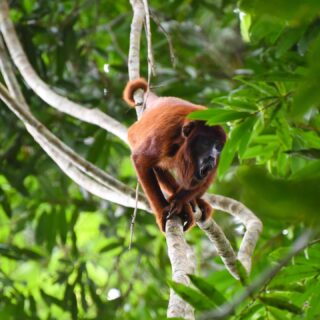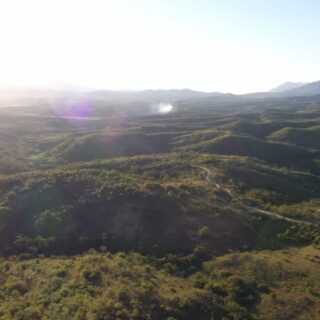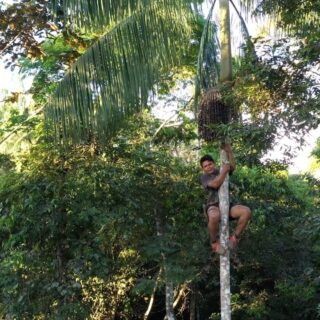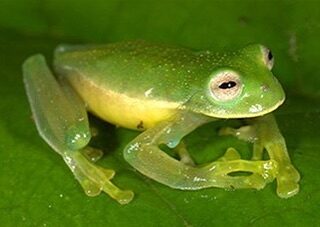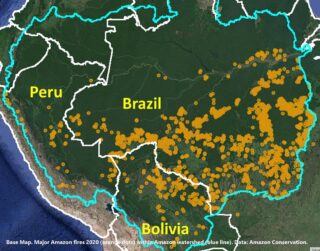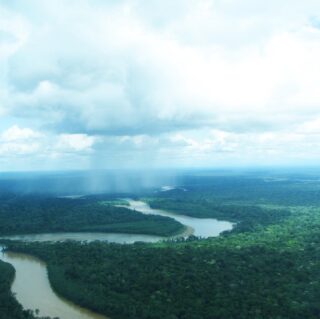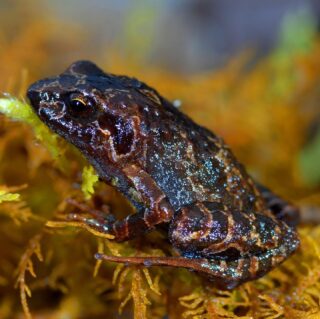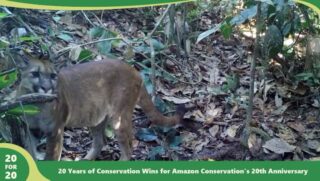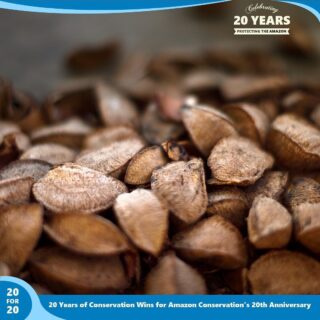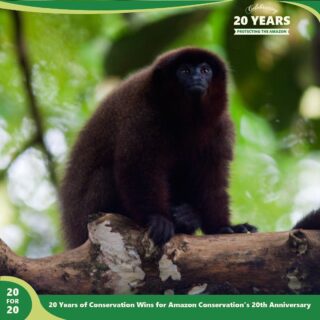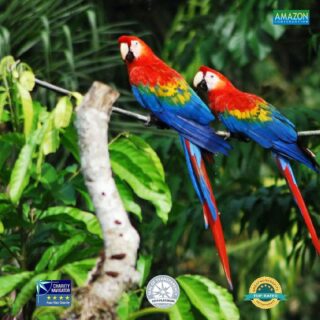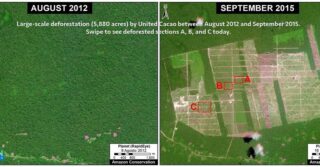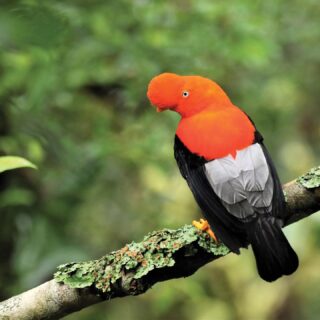ACA receives $1 million to support forest protection and sustainable livelihoods in Amazonian indigenous communities
March 21, 2013
 This past December, ACA was awarded a grant of nearly $1 million by the Inter-American Development Bank (IDB) to support forest conservation and sustainable livelihoods for indigenous communities in southern Peru. Developed cooperatively with our indigenous community partners, this project will protect over 260,000 acres of Amazonian forest while improving incomes and food security for more than a thousand families in remote indigenous communities in the Peruvian Amazon.
This past December, ACA was awarded a grant of nearly $1 million by the Inter-American Development Bank (IDB) to support forest conservation and sustainable livelihoods for indigenous communities in southern Peru. Developed cooperatively with our indigenous community partners, this project will protect over 260,000 acres of Amazonian forest while improving incomes and food security for more than a thousand families in remote indigenous communities in the Peruvian Amazon.
Communal indigenous territories cover 15 percent of Peru’s Amazon region – an estimated 25 million acres of forest lands – and provide the natural resources that indigenous households depend on for their livelihoods. Activities such as harvesting wild food, medicinal plants, and fuelwood are central to the economies of indigenous families, although some also engage in subsistence agriculture, timber extraction, and day labor in order to earn cash income.
Accelerating development and expansion of the agricultural and inhabited frontier in southern Peru presents imminent threats to the livelihoods, cultural traditions, and forest resources of these communities. Furthermore, lack of sustainable means to earn the cash income families increasingly need can lead to out-migration of youth seeking greater economic opportunity in nearby towns, further weakening control over territories and community economies, and to more informal, and destructive, timber extraction of the type that relies heavily on middlemen.
objective of the IDB-funded project is to provide seven indigenous communities in southern Peru with tools for interacting with the cash economy in ways that protect their forests, are culturally appropriate, and in accordance with their customs for managing community resources. To achieve this, the project will focus on building entrepreneurial and financial management capacity and fostering links to national and international markets. Specifically, the project seeks to:
- Improve land management and planning capacity on nearly 260,000 acres of communally-owned and managed forest lands;
- Create ecologically and culturally sustainable methods to engage forest-dependent indigenous communities in the cash economy through aquaculture with native Amazonian fish species, ecotourism, agroforestry and the harvest of non-timber forest products;
- Build technical, organizational, and governance capacity in and among communities to successfully manage indigenous enterprises; and
- Link indigenous enterprises to cash markets in ways that are compatible with cultural traditions.
The project will be implemented by ACCA (ACA’s Peruvian sister organization) and our partners in seven indigenous communities, including five lowland communities with about 250 families who currently cooperate to harvest and sell Brazil nuts, and the Haramba Queros Wachiperi indigenous community, with which we created the nation’s first indigenous-run conservation concession and where we continue to provide management support. The project will also partner with the Santa Rosa de Huacaria indigenous community that neighbors ACCA’s Villa Carmen Biological Station property. These partnerships will have a significant impact not only on improving livelihoods but on strengthening indigenous governance of natural resources. (Photo by Trond Larsen)

